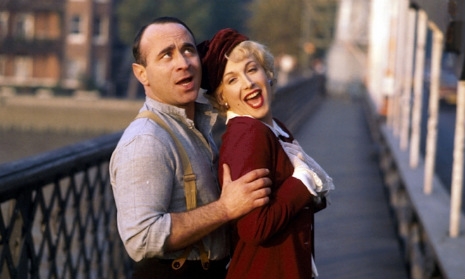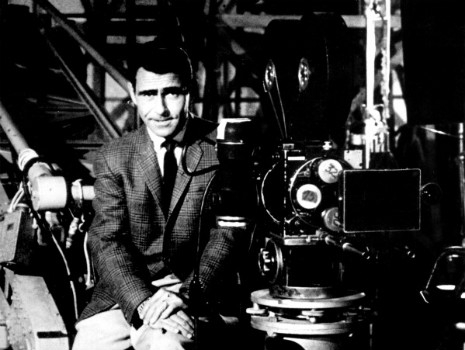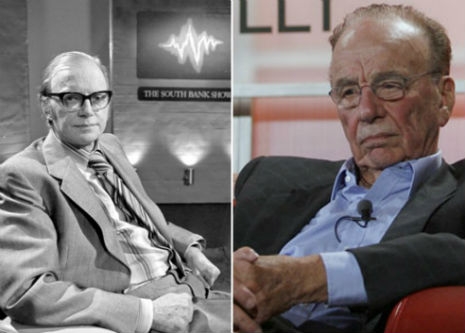
On a farm in Newbury, a camera crew set-up to film a scene from Dennis Potter’s latest drama series Pennies from Heaven.
Potter was a controversial dramatist, who was praised and loathed in equal measure. His previous single drama Brimstone and Treacle had been banned outright by the BBC for depicting the rape of a disabled woman by a strange, young man, who may or may not have been the Devil. Potter said of Brimstone and Treacle:
“...I had written Brimstone and Treacle in difficult personal circumstances. Years of acute psoriatic arthropathy—unpleasantly affecting skin and joints—had not only taken their toll in physical damage but had also, and perhaps inevitably, mediated my view of the world and the people in it. I recall writing (and the words now make me shudder) that the only meaningful sacrament left to human beings was for them to gather in the streets in order to be sick together, splashing vomit on the paving stones as the final and most eloquent plea to an apparently deaf, dumb and blind God.
“...I was engaged in an extremely severe struggle not so much against the dull grind of a painful and debilitating illness but with unresolved, almost unacknowledged, ‘spiritual’ questions.”
Set in the 1930s, Pennies from Heaven told the story of a sheet-music salesman Arthur, played by Bob Hoskins, whose life and fantasies were reflected through the prism of popular songs of the day. Potter said of the Arthur:
“Lacking any sense of God or faith, he literally believes in those cheap songs to the depths of his tawdry, adulterous, little lying soul.”
When Hoskins first read the script he thought it “lunacy”. A second-reading convinced him it was something very special. He was right, Potter had written a brilliant and original series, which proved to be an enormous success when first broadcast on the BBC. It went on to win a BAFTA for “Most Original Programme”, and earned Hoskins and his co-star Cheryl Campbell best actor and actress nominations.
The series was remade (badly) by Hollywood (no surprise there) with Steve Martin in the lead, in 1982. Hoskins went on to international success with the gangster classic The Long Good Friday, while Potter returned to his mix of drama, fantasy and song with his acclaimed series The Singing Detective in 1986.
Previously on Dangerous Minds
Cast and Crew: The making of ‘The Long Good Friday’
With thanks to Nellym.







